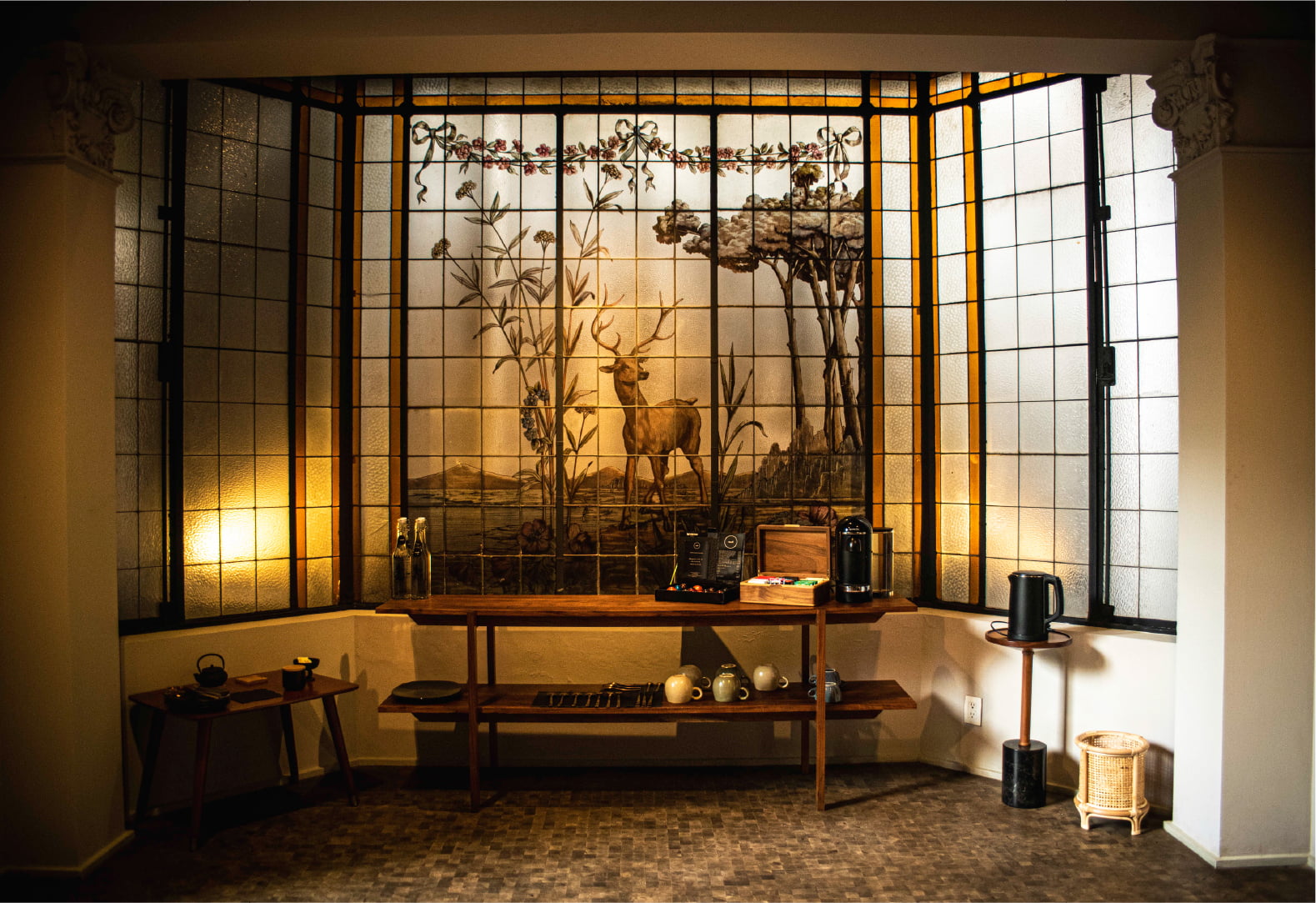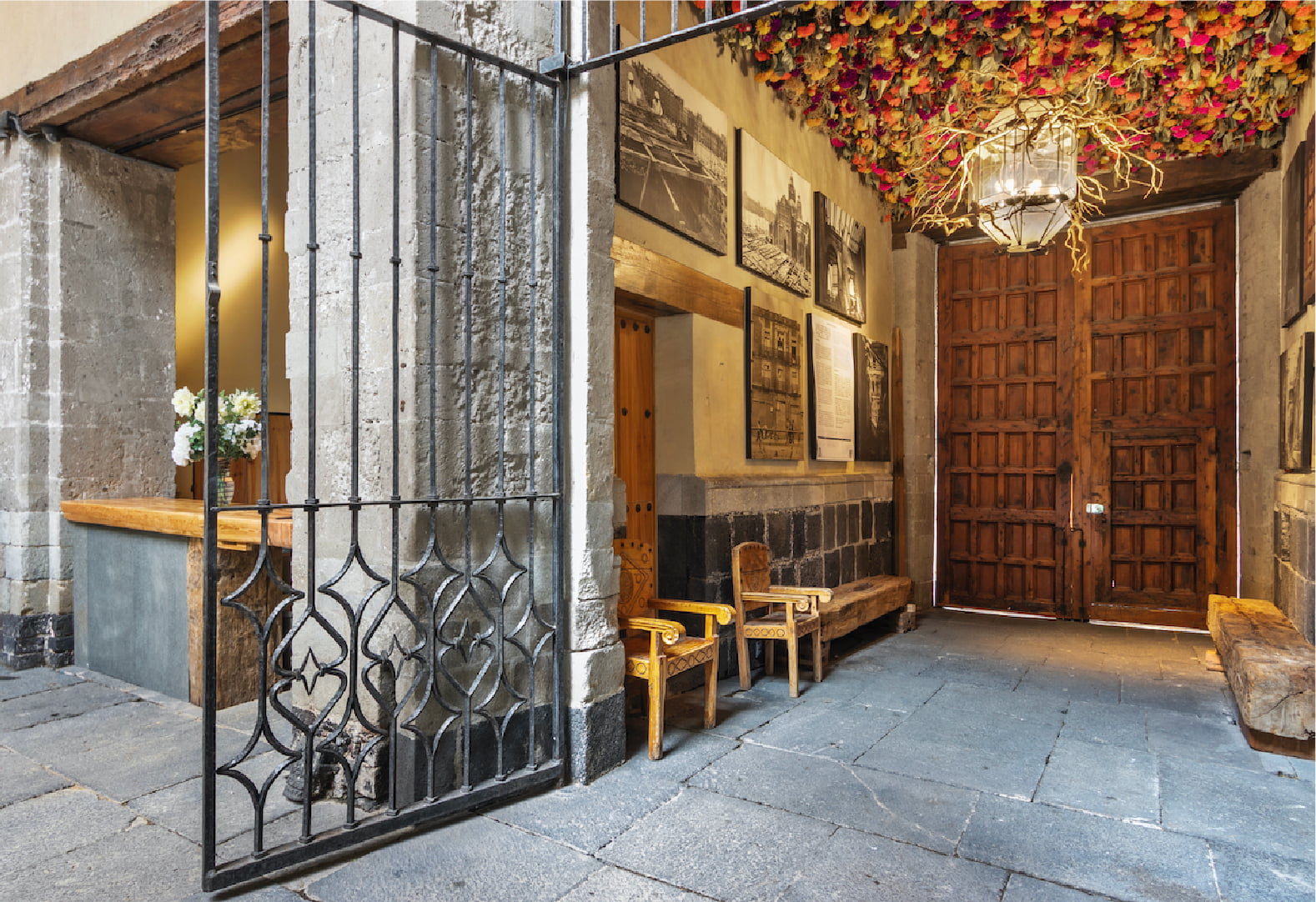Menu
Casa 9 is a grand Casona, witness
to time and of time, ready to tell its secrets.
Downtown Mexico City.

A grand Casona witness in time and
of time ready to tell it's secretes
Located in Downtown.




